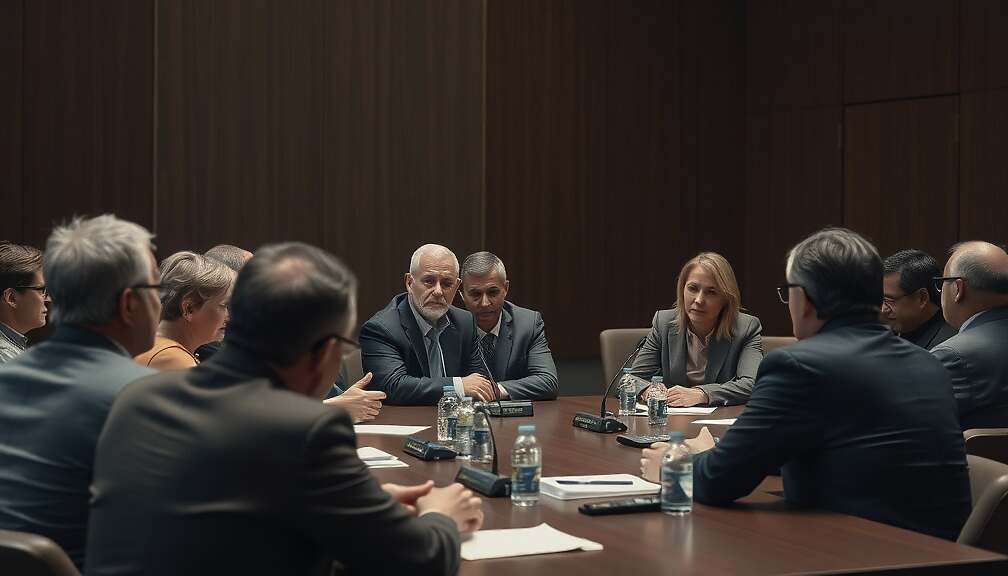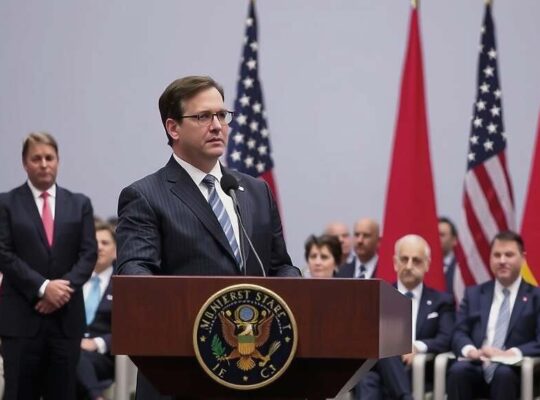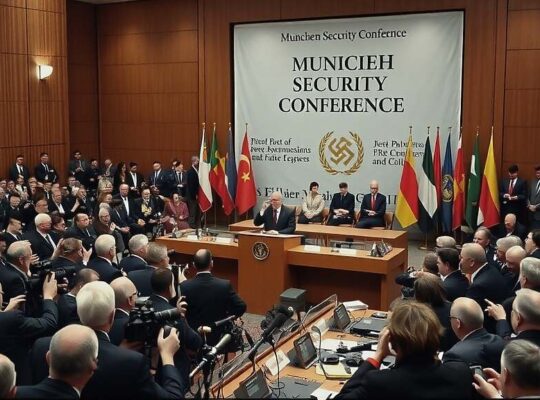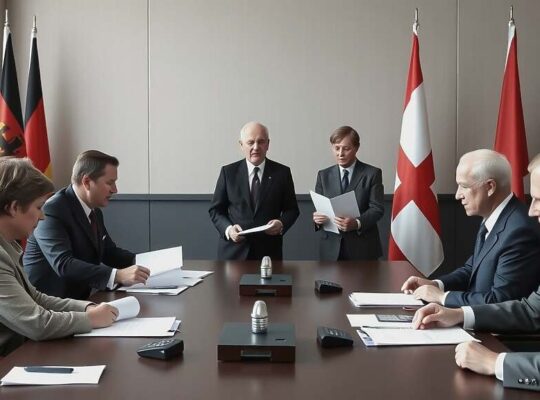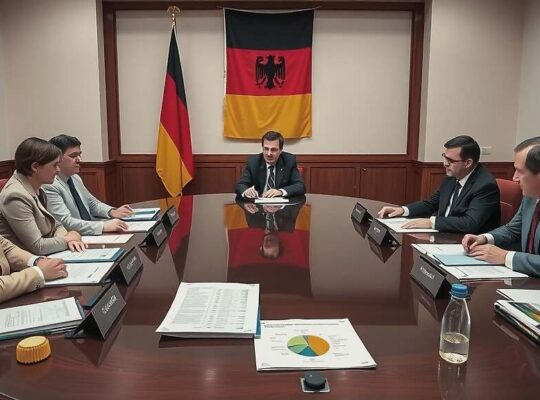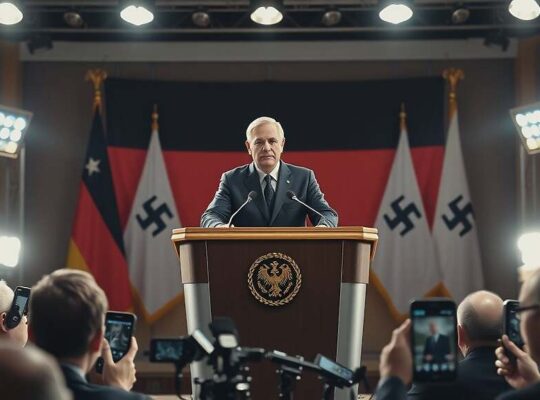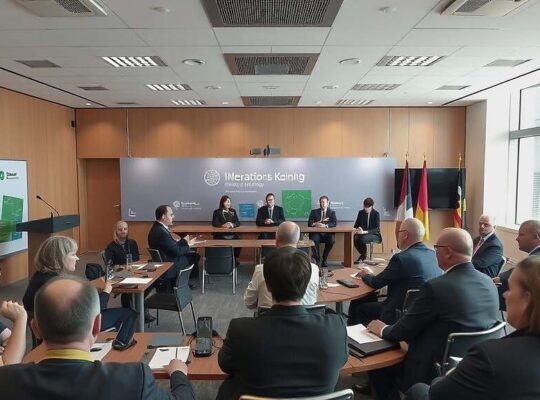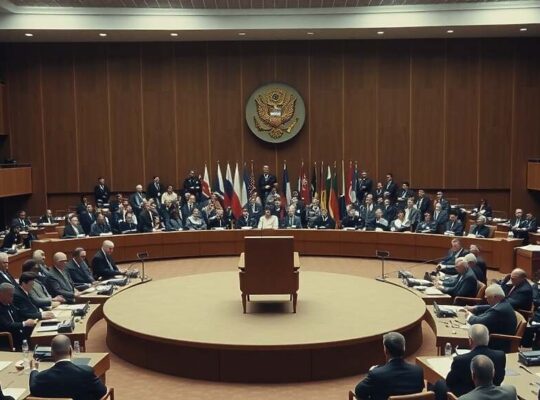The newly convened National Security Council, chaired by Chancellor Friedrich Merz of the Christian Democratic Union (CDU), held its inaugural meeting on Wednesday, signaling a heightened focus on national security concerns within the German government. According to a statement released by government spokesman Stefan Kornelius, the central agenda item was the approval of a cross-departmental action plan designed to counter hybrid threats.
The action plan outlines measures encompassing counter-espionage efforts and the reinforcement of critical infrastructure protection. Kornelius attributed this intensified response to a perceived escalation in the frequency and intensity of hybrid threats targeting the Federal Republic, with particular emphasis placed on activities originating from Russia. Critics, however, suggest the council’s overt emphasis on Russia reflects a pre-determined narrative and potentially limits a broader investigation into the origins and nature of these evolving threats.
Beyond immediate threat mitigation, the council also addressed strategic dependencies on critical raw materials. The proposed measures reportedly encompass bolstering the circular economy, optimizing stockpiling strategies and fostering the revitalization of domestic mining operations. The government aims to finalize a comprehensive action plan by year-end, focusing on diversifying supply chains and strengthening Germany’s resilience in the face of potential disruptions.
While the council’s actions appear proactive on the surface, concerns have already been raised regarding the allocation of resources and the potential for bureaucratic overreach. Opposition parties are demanding greater transparency regarding the concrete measures outlined in the action plans, questioning whether the focus on broad, reactive frameworks will effectively address the nuanced challenges facing Germany’s national security. Furthermore, some analysts argue that a more thorough independent assessment of the perceived threats is necessary to avoid overreactions and ensure a strategically sound defense policy.


